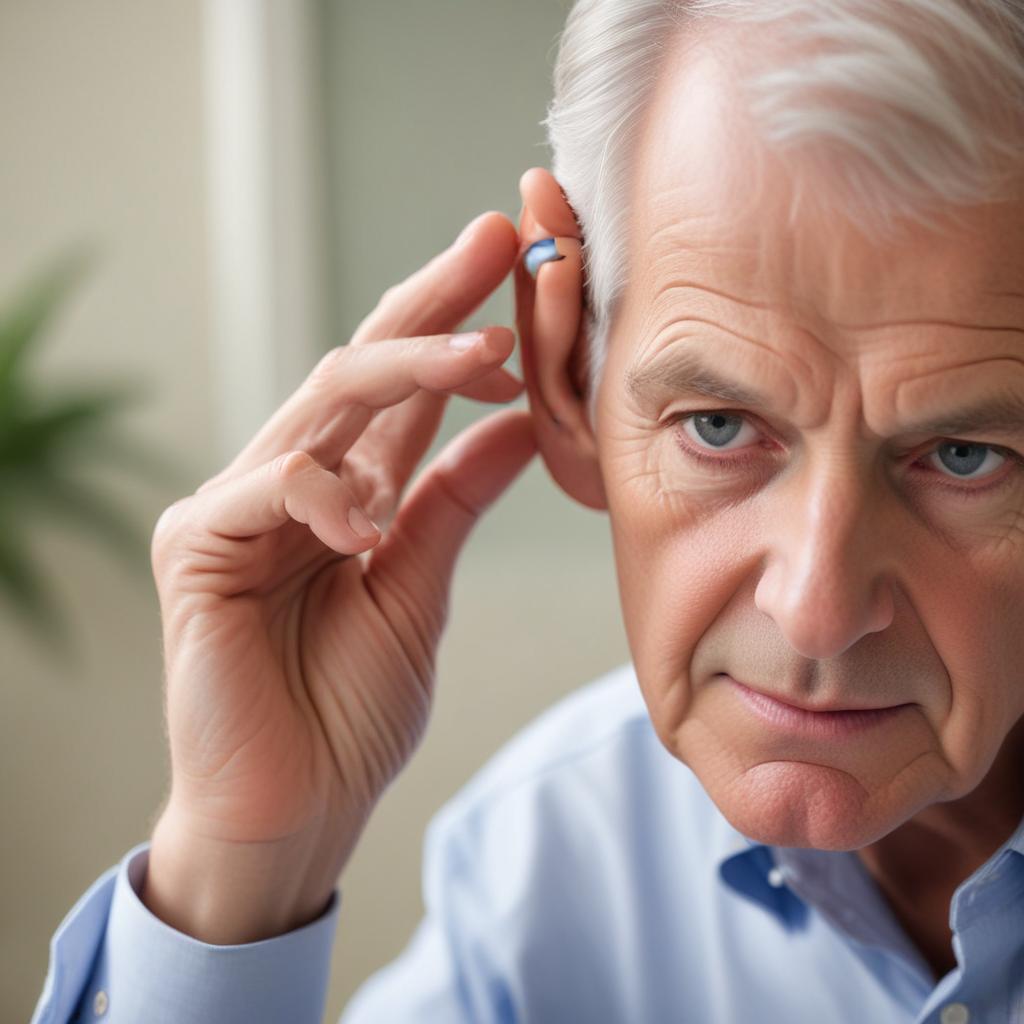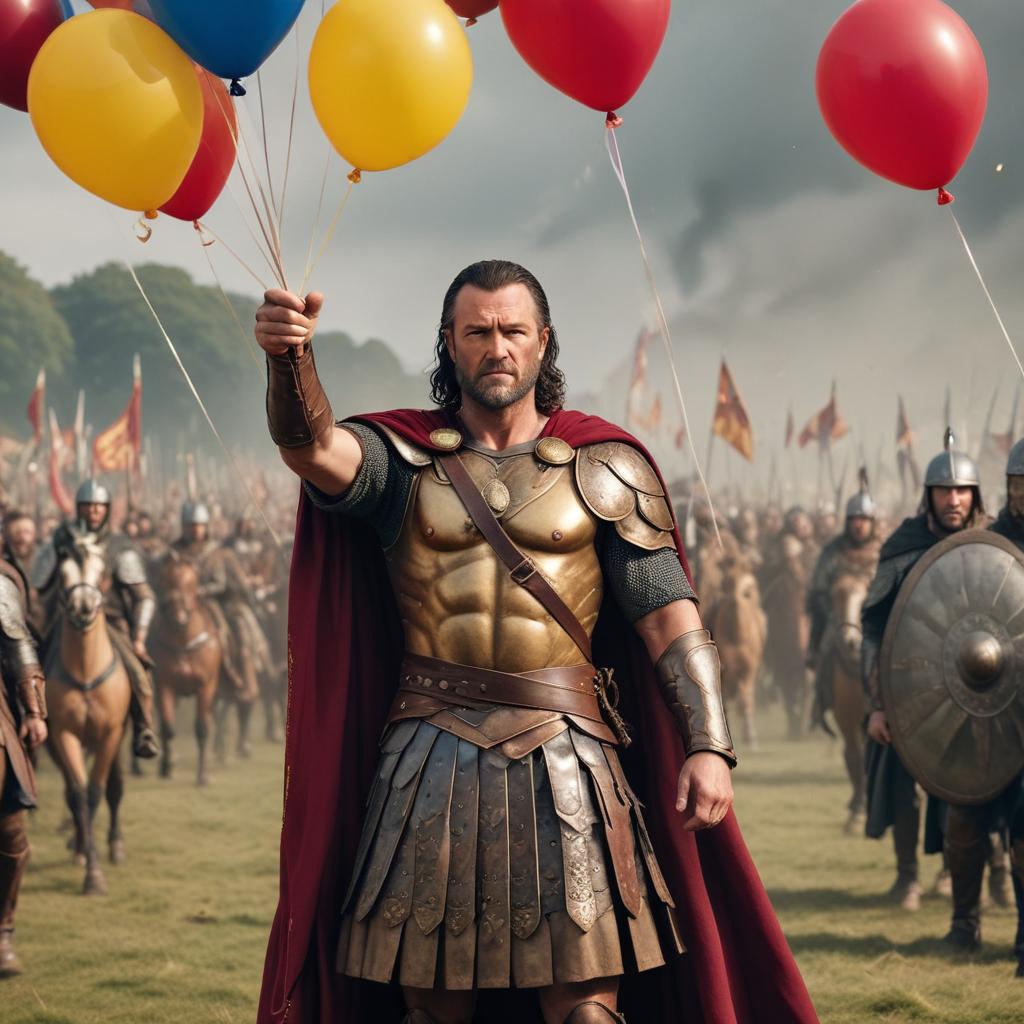 Celebrity
Celebrity
Katy Perry and Justin Trudeau: Dinner Date Sparks Romance Rumors!
Former Canadian Prime Minister Justin Trudeau and pop star Katy Perry dined together in Montreal, fueling romance speculation.
Browse articles from the past
 Celebrity
Celebrity
Former Canadian Prime Minister Justin Trudeau and pop star Katy Perry dined together in Montreal, fueling romance speculation.
 Politics
Politics
Senate Democrats employ a century-old law to pressure the DOJ into releasing Jeffrey Epstein files, sparking a potential legal battle.
 Politics
Politics
Eduardo Porter and Stephen Colbert are just two examples of how Donald Trump silenced media criticism through intimidation and manipulation of powerful institutions.
 Health
Health
A new study reveals a startling connection between hearing loss and dementia, and what you can do about it.
 Biography
Biography
Amy Odell's unauthorized biography reveals the shocking truth behind Gwyneth Paltrow's rise to fame, fortune, and controversial wellness empire. Exclusive details on her relationships, family secrets, and the creation of Goop!
 Earthquake
Earthquake
A massive 8.8 magnitude earthquake near Russia's Kamchatka Peninsula generated a tsunami impacting the Kuril Islands and Hokkaido, prompting tsunami warnings across the Pacific, including Hawaii.
 Television
Television
A review of historical epics, ranking the best and worst based on various criteria.
 Health
Health
Learn how to avoid common travel-related stomach problems like traveler's diarrhea and constipation with expert advice on diet, hydration, and packing essentials.
 Sports
Sports
A gunman kills four at the NFL headquarters, leaving a note blaming football for his CTE and reigniting the debate about the league's responsibility for player health.
 Travel
Travel
Summer travel often leads to digestive upset. Learn how to protect your gut from traveler's diarrhea, constipation, and other common travel-related stomach problems.